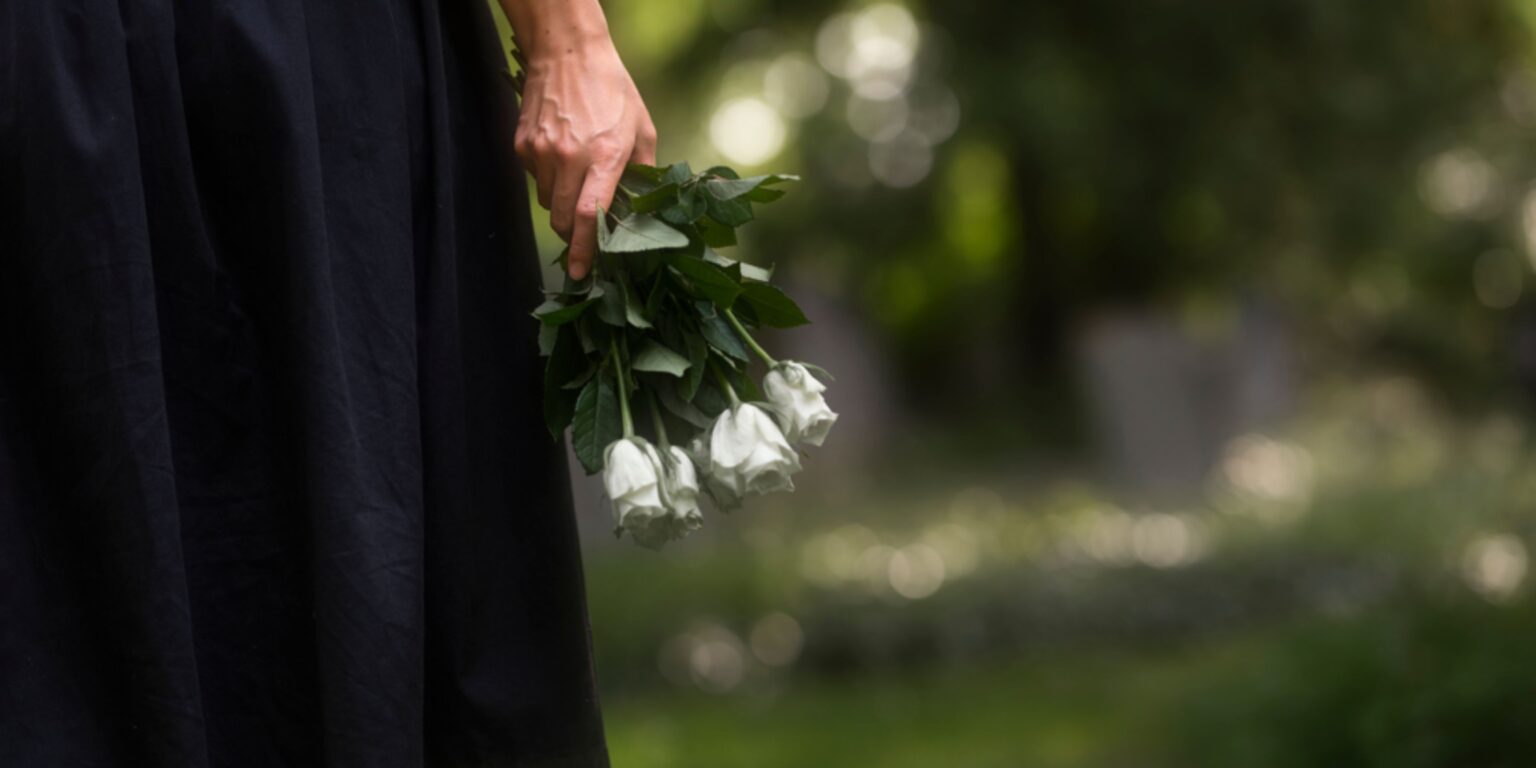We all hold a deep connection with the Earth, and it is only fitting that our final journey should reflect that connection. Enter the world of green funerals, where the age-old ritual of saying goodbye is transformed into a gentle embrace of nature. In this article, we’ll embark on a journey through the serene landscape of green funerals, exploring how they are helping us reduce our carbon footprint and environmental impact while honoring our loved ones.
The Environmental Impact of Traditional Funerals
Traditional funerals, with their embalming fluids, non-biodegradable caskets, and concrete vaults, can leave a significant ecological footprint. The chemicals used in embalming can seep into the soil, and the caskets and vaults can take centuries to decompose. Even cremation, while more environmentally friendly, emits carbon dioxide and other pollutants into the atmosphere.
The Rise of Green Funerals
Green funerals, also known as eco-friendly or natural burials, offer an alternative to these practices. They prioritize sustainability, simplicity, and a deep connection to nature. Here’s how they are making a difference:
Biodegradable Caskets and Urns
In green funerals, biodegradable caskets and urns made from materials like bamboo, willow, or even recycled paper are used. These eco-friendly options break down naturally over time, returning to the Earth without causing harm.
Natural Burial Grounds
Green cemeteries or natural burial grounds are specifically designed to minimize environmental impact. They often feature native plants, wildflowers, and meadows, creating a serene and ecologically diverse landscape. Traditional tombstones are replaced with natural markers like engraved river rocks, allowing the landscape to remain undisturbed.
No Embalming
In green funerals, embalming is typically avoided. Instead, the body is preserved naturally, often with refrigeration or dry ice. This eliminates the use of toxic chemicals and reduces the environmental impact.
Reducing Carbon Footprint
One of the most significant advantages of green funerals is their reduced carbon footprint. Traditional funerals and cremations emit greenhouse gases, contributing to climate change. In contrast, green burials release minimal carbon dioxide, making them a more eco-friendly choice.
Embracing Simplicity and Nature
Green funerals celebrate the simplicity of life and death. They encourage families to be involved in the burial process, fostering a deeper connection to the Earth. Loved ones are often wrapped in a shroud or placed directly in the earth, allowing their remains to return to nature quickly.
Preserving Natural Beauty
Green cemeteries are often havens of natural beauty and tranquility. Families find solace in knowing that their loved ones rest in a place that supports and preserves the environment. These cemeteries can serve as living memorials, contributing to the health and biodiversity of the land.
A Personal and Meaningful Farewell
Green funerals offer a unique opportunity for personalization. Families can choose a location within the natural cemetery that holds special meaning, ensuring a meaningful and intimate farewell.
Planning Ahead for Green Funerals
If you’re considering a green funeral for yourself or a loved one, it’s essential to plan ahead. Not all cemeteries offer green burial options, so it’s essential to find one that aligns with your values. Additionally, consider discussing your wishes with family members to ensure they are aware of your preferences.
In an age where environmental responsibility is paramount, green funerals provide a meaningful way to honor our loved ones while reducing our carbon footprint and preserving the beauty of the natural world. These eco-friendly practices offer a gentle, sustainable, and deeply personal way to say goodbye.
As we continue to grapple with the environmental challenges of our time, green funerals offer a path toward a more harmonious relationship with the Earth. They remind us that even in our final moments, we can leave a lasting legacy of stewardship and respect for the planet that has nurtured us throughout our lives.

